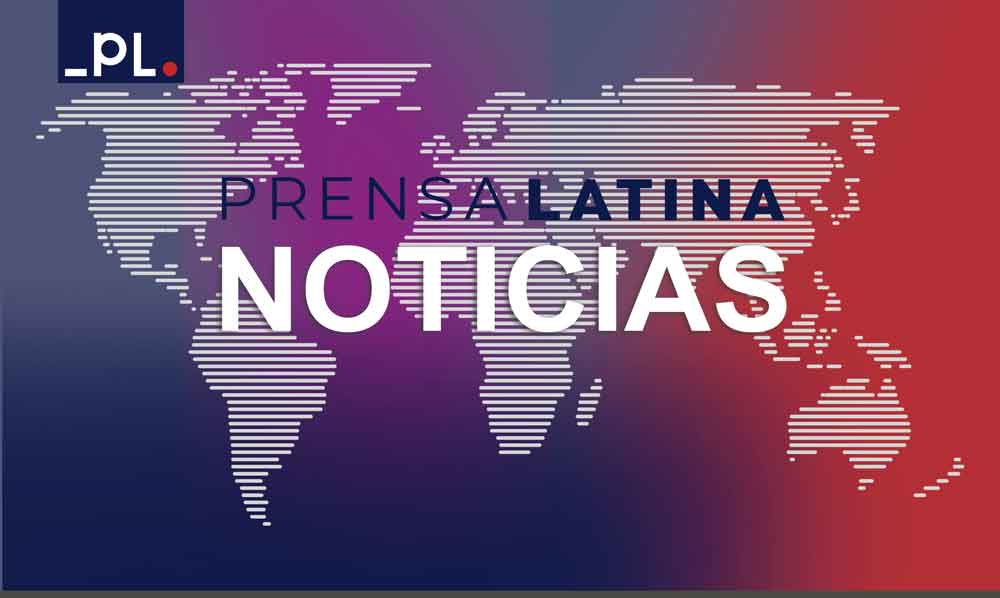Foreign Minister Alicia Bárcena took part in the high-level meetings within the framework of the 78th session of the General Assembly on the Future Summit and Financing for Development, as well as another on universal health coverage, where she presented her government’s position in this regard.
In the first meeting, he presented the four challenges that require immediate attention at the future summit: the climate crisis, the growing digital divide, inequality and human mobility, i.e. irregular migration.
In this context, he announced that Mexico is committed to contributing to the reform of the international financial system, for which it will host, together with Spain, the Fourth International Conference on Financing for Development.
Also to seek the creation of a new peace agenda by the Secretary General, as peace can only be achieved with peace and not with more weapons. Also advocate for the Global Digital Compact to ensure that digitalization, automation and artificial intelligence serve humanity.
Finally, close attention will be paid to comprehensive reform of the United Nations system, including reform of the Security Council, and the entire membership is called upon to commit to making constructive use of intergovernmental forums and negotiations based on consensus.
“At the current moment in history, when challenges are multiplying and choices will determine the fate of many generations, we should remember that we must create a fairer and more sustainable future for all,” he concluded.
Referring to the high-level meeting on universal health coverage, he said that ensuring free public health care and access for the entire population is a must for Mexico and an essential part of sustainable development with equality.
He reported that the government of President Andrés Manuel López Obrador has taken several measures to this end: expanding the public capacity of the national health system, especially in medical care, to expand services, regaining control over public purchases and the To provide access to free health care services and medications for the entire uninsured population.
Increasing the training and recruitment of health workers, improving their working conditions. In this sense, universal coverage is a human rights issue.
It’s about bringing care networks closer to people in a timely manner and optimizing material and human resources, he said.
He gave numerous concrete examples of implementation, including psychiatric care and the expansion of care units or the treatment of people with hepatitis C so that patients, including our brothers with a migrant background, receive free treatment.
He said that Mexico believes that care must be universal, public and free, and that at the end of this administration the country will have one of the largest public health facilities in the world, serving 53.2 million people. who today have no social security.
rgh/lma

